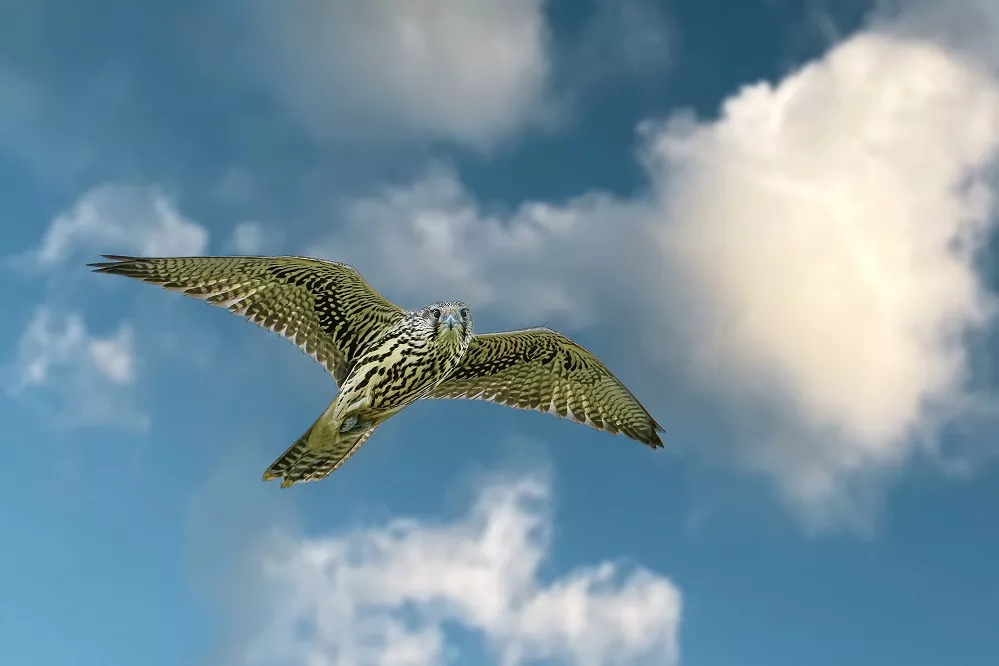Falcon is a bird of prey known for its exceptional speed, agility, and keen eyesight. These majestic creatures are found all over the world and are highly valued for their hunting abilities. Falcons have been a symbol of power and strength for centuries, and have been used in hunting, sport, and even warfare.
One of the most common questions about falcons is their lifespan. How long do they live? The answer to this question varies depending on the species of falcon.
The peregrine falcon, for example, is one of the most widely known falcon species. They have a lifespan of around 15 years in the wild, but can live up to 20 years in captivity. The lifespan of a peregrine falcon largely depends on its environment, food sources, and genetic factors.
Another species, the gyrfalcon, can live up to 25 years in the wild and up to 35 years in captivity. The gyrfalcon is the largest falcon species, and is known for its impressive hunting skills.
The lifespan of a falcon can also be influenced by environmental factors, such as habitat destruction and climate change. As humans continue to encroach on the natural habitats of falcons, their lifespan can be shortened due to reduced food sources and increased exposure to pollutants.
In addition to environmental factors, disease and injury can also impact the lifespan of a falcon. Like all animals, falcons can contract diseases and suffer injuries that can lead to premature death.
To help protect falcon populations and ensure their longevity, conservation efforts are underway around the world. These efforts include habitat restoration, captive breeding programs, and the regulation of hunting and trapping.
In conclusion, the lifespan of a falcon varies depending on the species, environment, and individual factors. However, with proper conservation efforts, we can help ensure that these majestic birds of prey continue to thrive for generations to come.


 Facebook
Facebook  Instagram
Instagram  Youtube
Youtube 